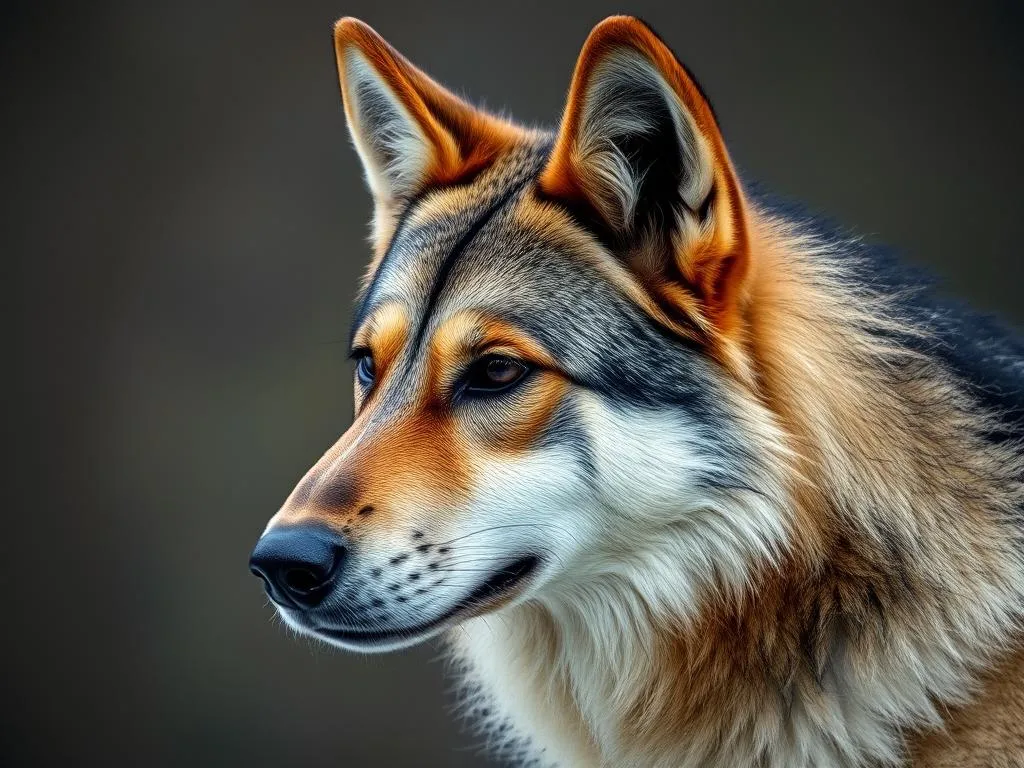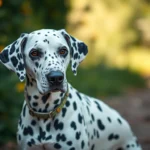
Introduction
The world of dog breeds is incredibly diverse, with variations in size, appearance, temperament, and purpose. Each breed brings its unique set of characteristics and care requirements, making it essential for potential owners to understand the nuances of the breeds they are interested in. Among these fascinating breeds is the Czechoslovakian Wolfdog, a striking and intelligent canine that combines the traits of both dogs and wolves.
This article provides a comprehensive overview of dog breeds, focusing on the Czechoslovakian Wolfdog. By exploring its history, physical characteristics, temperament, and care needs, we aim to equip prospective owners with the information necessary to make informed decisions.
Understanding Dog Breeds
Definition of a Dog Breed
A dog breed is a specific group of domesticated dogs with a set of characteristics that distinguish them from other dogs. These characteristics can include size, coat type, behavior, and purpose. Understanding these traits is crucial for potential owners, as they influence the dog’s compatibility with the owner’s lifestyle.
Categories of Dog Breeds
Dog breeds are typically categorized into several groups based on their common traits and purposes:
- Working Groups: Includes breeds developed to perform specific tasks, such as guarding and pulling sleds.
- Herding Groups: Breeds that assist in herding livestock, like sheep and cattle.
- Sporting Groups: Breeds trained for hunting and retrieving game.
- Hound Groups: Breeds that hunt by scent or sight.
- Toy Groups: Smaller breeds often kept as companions.
- Non-Sporting Groups: A diverse group that doesn’t fit neatly into other categories.
- Terriers: Breeds originally bred to hunt vermin.
- Miscellaneous Breeds: Breeds that are in the process of being recognized.
Factors Influencing Dog Breed Characteristics
Several factors contribute to the characteristics of dog breeds:
- Genetics: The inherited traits that define a breed’s physical appearance and behavior.
- Environment: The surroundings in which a dog is raised can influence its temperament and social skills.
- Training and Socialization: Proper training and exposure to various situations are essential for developing a well-adjusted dog.
The Czechoslovakian Wolfdog
History and Origin
The Czechoslovakian Wolfdog was developed in 1955 by crossing German Shepherds with Carpathian wolves. The breed was initially created for military purposes, primarily for use in border patrol and other security roles in Czechoslovakia. Over time, the breed gained recognition for its intelligence, loyalty, and unique appearance, leading to its popularity beyond military applications.
Key figures in the breed’s development include Dr. Karel Hartl, a prominent canine researcher, who played a significant role in the breed’s establishment. The Czechoslovakian Wolfdog has since been recognized by various kennel clubs and is celebrated for its wolf-like appearance and versatile abilities.
Physical Characteristics
The Czechoslovakian Wolfdog possesses a striking physical presence that resembles its wild ancestors.
- Size and Weight: Males typically weigh between 60-80 pounds, while females range from 50-70 pounds. They stand about 24 to 30 inches tall at the shoulder.
- Coat Color and Texture: Their coats are usually a mix of gray, silver, and yellowish hues, with a dense double coat that provides insulation.
- Distinctive Features: The breed’s most notable trait is its wolf-like appearance, featuring erect ears, a long muzzle, and a bushy tail.
Temperament and Behavior
The temperament of the Czechoslovakian Wolfdog is complex, combining traits from both dogs and wolves:
- General Temperament Traits: They are known for being loyal, intelligent, and energetic. However, they can also be reserved around strangers.
- Intelligence and Trainability: This breed is highly intelligent, making them capable of learning commands and tasks quickly. However, they require consistent training and mental stimulation to prevent boredom.
- Socialization Needs: Early socialization is crucial to ensure that they are well-adjusted and comfortable around various people and other pets.
- Interaction with Children and Other Pets: They can be good with children but should be supervised due to their strong prey drive. Proper introductions and socialization with other animals are necessary.
Health and Care Requirements
Owning a Czechoslovakian Wolfdog comes with specific health considerations:
- Common Health Issues: They may be prone to hip dysplasia, certain skin conditions, and other hereditary health problems.
- Recommended Diet and Nutrition: A high-quality diet rich in protein is essential to support their energy needs. Consult a veterinarian for specific dietary recommendations.
- Grooming Needs: Their dense double coat requires regular brushing to manage shedding, especially during seasonal changes.
- Exercise Requirements: These dogs are highly active and require plenty of exercise. Daily walks, playtime, and mental stimulation are crucial to their well-being.
Czechoslovakian Wolfdog Ownership
Is the Czechoslovakian Wolfdog Right for You?
Before adopting a Czechoslovakian Wolfdog, it’s essential to assess whether this breed fits your lifestyle:
- Ideal Owner Profile: They are best suited for experienced dog owners who can provide firm leadership and training.
- Considerations Before Adopting: Potential owners should consider their ability to provide adequate space, exercise, and socialization opportunities.
- Living Conditions and Space Requirements: These dogs thrive in homes with ample outdoor space. An active lifestyle with opportunities for exploration is ideal.
Training and Socialization Tips
Training and socialization are vital for the success of a Czechoslovakian Wolfdog:
- Importance of Early Training: Start training as early as possible to instill good habits and social skills.
- Recommended Training Methods: Positive reinforcement techniques work best for this breed. Consistency and patience are key.
- Socialization Strategies: Expose your dog to various environments, people, and animals to promote adaptability.
Activities and Hobbies
Keeping a Czechoslovakian Wolfdog mentally and physically stimulated is essential:
- Suitable Activities: These dogs enjoy hiking, agility training, obedience exercises, and interactive games.
- Importance of Mental Stimulation: Engage them in puzzle toys and training sessions to keep their minds sharp.
- Group Activities and Dog Sports: Look for local dog sports or clubs where your Czechoslovakian Wolfdog can participate and socialize.
Comparisons with Other Dog Breeds
Czechoslovakian Wolfdog vs. Similar Breeds
When considering the Czechoslovakian Wolfdog, it can be helpful to compare it with similar breeds:
- Alaskan Malamute: Both breeds are large and powerful, but the Malamute is generally more sociable and easier to train.
- German Shepherd: The Czechoslovakian Wolfdog shares a common ancestry with the German Shepherd but is more independent and may require more experienced handling.
- Belgian Malinois: Known for their high energy and drive, Belgian Malinois are more versatile in training compared to the Czechoslovakian Wolfdog, which may be more challenging for novice owners.
Popularity and Availability
The Czechoslovakian Wolfdog has gained popularity, but it remains relatively rare compared to other breeds:
- Current Popularity: The breed has a dedicated following among enthusiasts, but it is not as widely recognized as other breeds.
- Availability in Shelters and Breeders: Prospective owners may find the breed through specialized breeders or breed-specific rescues.
- Considerations for Finding a Reputable Breeder: Research breeders carefully, ensuring they prioritize health testing and responsible breeding practices.
Conclusion
In summary, the Czechoslovakian Wolfdog is a unique and fascinating breed that requires dedicated and experienced ownership. Understanding the characteristics and needs of this breed is crucial for successful ownership. As with any dog breed, responsible ownership involves thorough research and consideration of individual traits before making a decision. The rewards of having a Czechoslovakian Wolfdog can be immense for those willing to invest the time and effort into their care and training.









